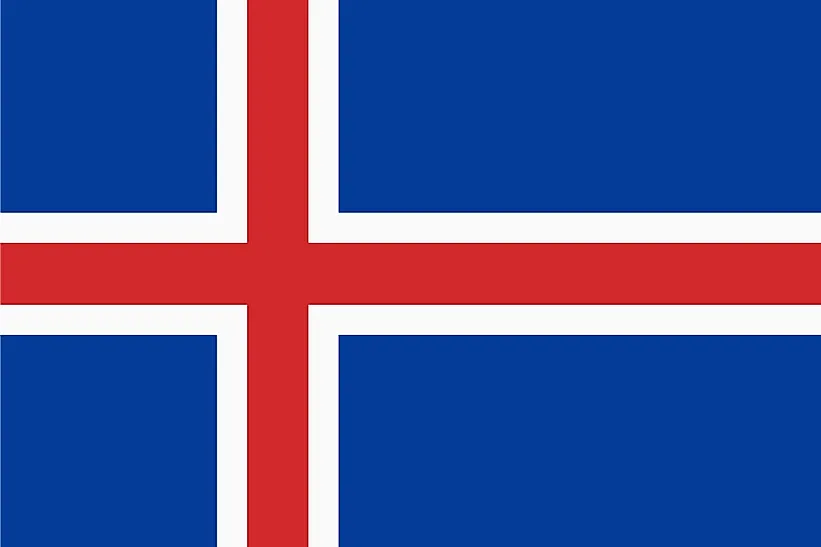
Iceland
| Continent | Europe |
| Capital | Reykjavik |
| Population | 335,878 |
| GDP | $16.15 Billion |
| GDP per Capita | $48,100 |
| Dialing Code | +354 |
| ISO Code (2-letter) | IS |
| ISO Code (3-letter) | ISL |
Iceland Landscapes






About Iceland
Welcome to Iceland, a Nordic island nation where volcanic activity meets glacial grandeur. With approximately 364,000 people occupying 103,000 square kilometers, Iceland combines dramatic natural phenomena with rich cultural heritage, earning its reputation as one of the world’s most unique destinations.
Geographic Features and Natural Beauty
Iceland’s geography is shaped by its position on the Mid-Atlantic Ridge, resulting in dramatic volcanic landscapes and geothermal activity. The country features Europe’s largest glacier, Vatnajökull, alongside active volcanoes, creating a stunning contrast of fire and ice.
The landscape includes black sand beaches, massive waterfalls like Gullfoss and Dettifoss, and the famous geothermal Blue Lagoon. The country’s unique geological activity provides renewable geothermal energy, powering much of the nation’s needs.
Protected areas include Þingvellir National Park, where the North American and Eurasian tectonic plates meet, and Vatnajökull National Park, preserving diverse volcanic and glacial landscapes. The country’s position near the Arctic Circle creates dramatic seasonal variations in daylight.
Cultural Heritage and Traditions
Icelandic culture maintains strong connections to Norse heritage while embracing modern innovation. The country’s literary tradition, particularly the medieval Sagas, represents one of the world’s richest literary heritages.
Traditional arts include distinctive wool knitting, particularly the lopapeysa sweater, and silver crafting. Music ranges from ancient rímur chanting to contemporary artists like Björk, while Icelandic design reflects minimalist Nordic aesthetics.
Icelandic cuisine features traditional preparations of lamb, fish, and dairy products, including distinctive items like hákarl (fermented shark) and skyr. The country’s respect for nature influences both traditional practices and modern sustainability efforts.
Historical Journey
Iceland’s history spans from Norse settlement in 874 through the medieval Commonwealth period to its current position as one of the world’s most advanced democracies. The Althing, established in 930, is considered the world’s oldest existing parliament.
Significant periods include the settlement era, documented in the Book of Settlements, medieval literary flowering, and the journey to independence from Denmark in 1944. The country’s unique historical development has shaped its strong democratic traditions.
Modern Economic Landscape
Today’s Icelandic economy combines traditional strengths in fishing and renewable energy with growing sectors like tourism and technology. The country’s commitment to sustainability influences economic development across sectors.
Recent initiatives focus on innovation in green technology, digital services, and sustainable tourism. Iceland’s position as a leader in renewable energy attracts international attention and investment.
International Relations and Global Position
Iceland maintains active participation in Nordic cooperation and international organizations while remaining outside the European Union. The country’s strategic location in the North Atlantic and leadership in environmental issues enhance its global influence.
Did You Know?
• Iceland runs almost entirely on renewable energy?
• The country has no standing army and ranks as the world’s most peaceful nation?
• Icelanders commonly believe in the existence of elves and hidden people?
• The Icelandic language remains so close to Old Norse that modern Icelanders can read medieval texts?
Conclusion
Iceland represents a unique combination of natural wonders and cultural preservation in the North Atlantic. From its volcanic landscapes to its literary heritage, from its renewable energy leadership to its strong democratic traditions, Iceland continues to evolve while maintaining its distinctive character. As it addresses challenges including climate change and sustainable tourism, Iceland remains committed to environmental protection while fostering innovation and cultural preservation.